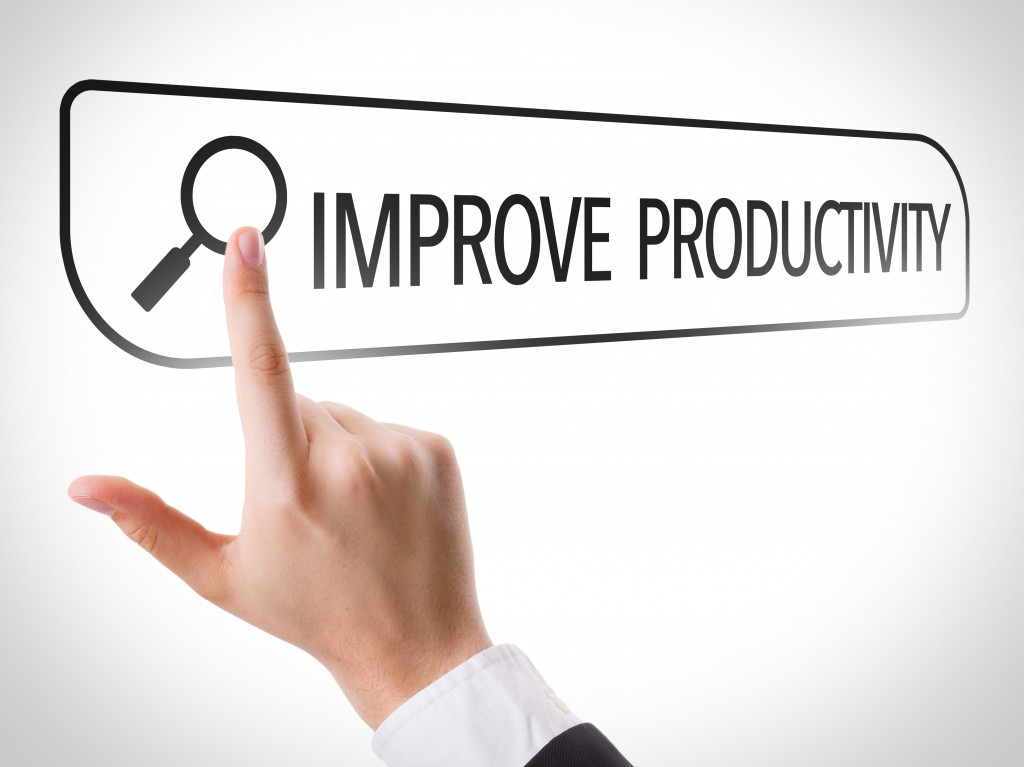- Efficient multitasking is a key to increased productivity and it involves prioritizing tasks, leveraging technology, avoiding distractions, and practicing mindfulness.
- Tools like online journaling apps help track and manage daily tasks, providing a platform for reflection and goal-setting.
- Avoiding distractions, particularly in the digital age, is vital to maintain focus and complete tasks efficiently.
- Batching similar tasks and taking regular breaks can enhance performance, reduce errors, and combat burnout.
- Delegation and mindfulness practice are important strategies that increase efficiency, team trust, and overall well-being.
Developing efficient multi-tasking skills is an essential component of increased productivity. In today’s fast-paced world, managing multiple tasks effectively is a prized asset, permitting individuals to navigate numerous assignments simultaneously with reduced stress. This article aims to give readers the best tips to hone their multitasking abilities, ultimately contributing to more organized and productive lives.
Prioritize Tasks
Prioritizing tasks is a great way to increase efficiency and stay on top of assignments. This will help you focus on the most important tasks while ensuring all necessary assignments are finished on time. Here are some methods you can use to prioritize tasks:
Use Tools and Technology
Using tools and technology can greatly enhance multi-tasking skills, increasing productivity. With the ever-evolving world of technology, endless resources are available to streamline workflows and prioritize tasks. One effective tool is an online journaling app that allows users to track and manage daily tasks while providing a platform for reflection and goal-setting.
An online journaling app is a digital platform designed to facilitate the recording of daily activities, thoughts, goals, and task management. It serves as modern-day digital versions of traditional paper journals or diaries, offering users the added benefits of technology. This app typically features user-friendly interfaces, customizable templates, and the ability to sync data across multiple devices.
By utilizing such technological resources, individuals can optimize time management and reduce stress levels. Properly using tools and technology is crucial for achieving efficiency and effectiveness in the workplace, and incorporating these strategies can ultimately lead to greater success and accomplishment.
Avoid Distractions
In today’s fast-paced world, distractions are abundant and can significantly hamper productivity. Avoiding distractions is a crucial skill to develop, especially for those who want to multitask effectively. Understanding what counts as a distraction and how to prevent them from interfering with work is essential.
Distractions include social media notifications, phone calls, or chit-chats with colleagues. By proactively eliminating or minimizing these distractions, one can focus more on their work and complete tasks more efficiently. Developing a habit of avoiding distractions is paramount, particularly for those whose work demands multitasking. It is the key to increased productivity and efficiency in today’s digital age.
Batch Similar Tasks
Batching similar tasks is a strategic approach for improving productivity that allows individuals to bundle together comparable activities, reducing the need to constantly switch between different tasks and maintain focus on one area of work. This approach allows individuals to maximize their performance by leveraging their time and energy and reducing the likelihood of errors since they are repeating similar tasks.
By doing so, individuals increase their efficiency and accomplish more within a shorter period, leading to an overall sense of accomplishment. To effectively batch similar tasks, individuals must identify and group similar activities to create an intuitive and manageable flow of tasks. With practice, this method can be honed to perfection and individuals can experience a marked improvement in their productivity.
Take Regular Breaks

Properly taking regular breaks is a critical activity for developing more efficient multi-tasking skills for increased productivity. Experts suggest that although it may seem counterintuitive, pausing from work every few hours actually helps individuals improve their performance. Not only do breaks give your mind a chance to rest and recharge, but they also combat the effects of burnout by reducing stress levels.
Furthermore, regular breaks serve as a natural bridge between tasks, allowing individuals to transition more smoothly between tasks with fewer mistakes. This technique effectively increases overall productivity, as individuals who take breaks work smarter, not harder. Incorporating regular breaks into one’s workday is essential to optimizing productivity and efficiency.
Delegate When Possible
Delegation involves assigning tasks to someone else while retaining the responsibility for the outcome. It means giving others the power to make decisions and freeing up crucial time and resources. Delegation is not about escaping responsibilities but harnessing the power of teamwork to maximize productivity and efficiency.
It builds trust among team members and allows employees to develop new skills. Those who can delegate effectively are often regarded as great leaders. Therefore, making delegation a cornerstone of one’s management strategy can enhance the overall success of any organization.
Practice Mindfulness

Mindfulness is an effective technique that can help individuals increase their efficiency in multi-tasking. It involves being fully present and engaged in the present moment, noticing thoughts and feelings without judgment, and bringing one’s attention back to the task at hand.
Developing mindfulness skills can help people become less distracted and stressed, and more focused on achieving their goals. This is why it is important to practice mindfulness regularly, as it can improve an individual’s work productivity and enhance their overall well-being.
In conclusion, becoming an efficient multitasker is a journey that involves honing several skills and strategies, from prioritizing tasks to embracing technology and practicing mindfulness. Each step on this journey contributes to productivity, reduces stress, and promotes a heightened sense of accomplishment. Remember that the goal is not just to do more, but to do more effectively and deliberately.
